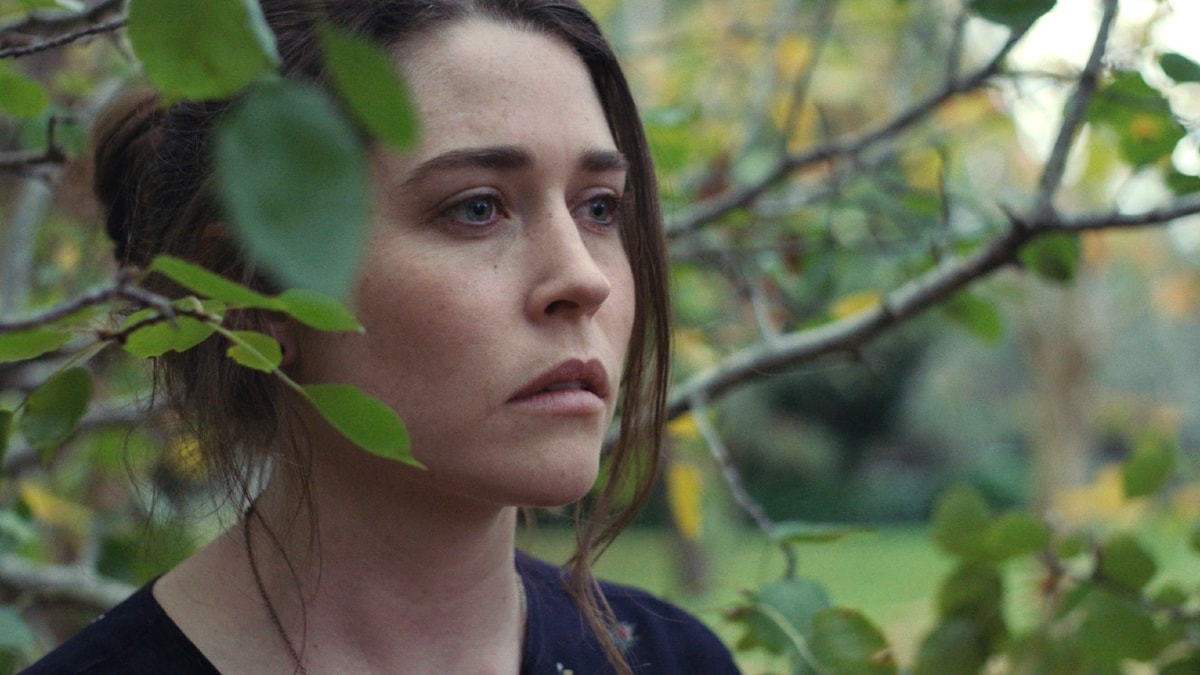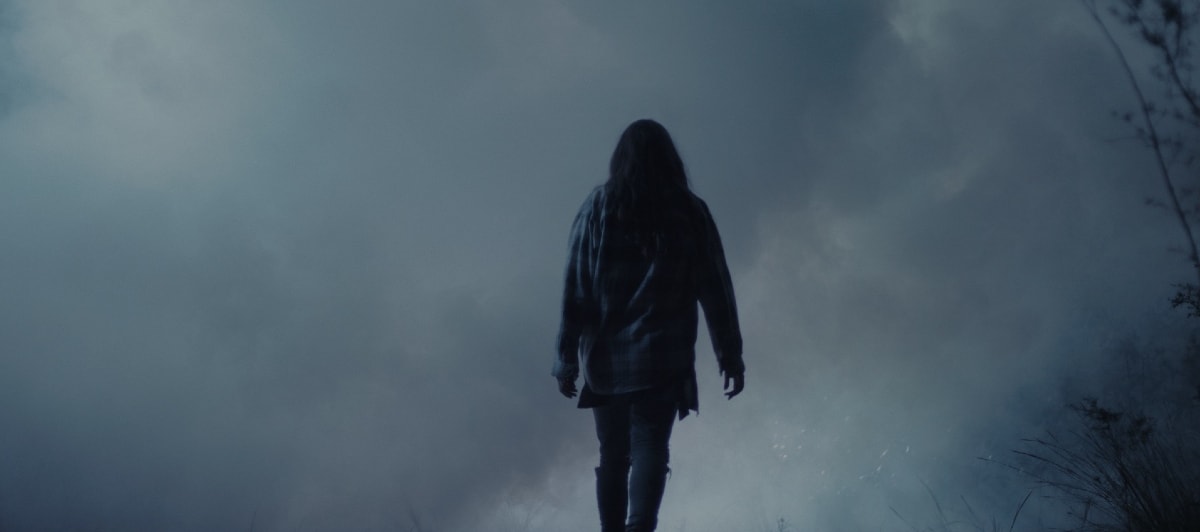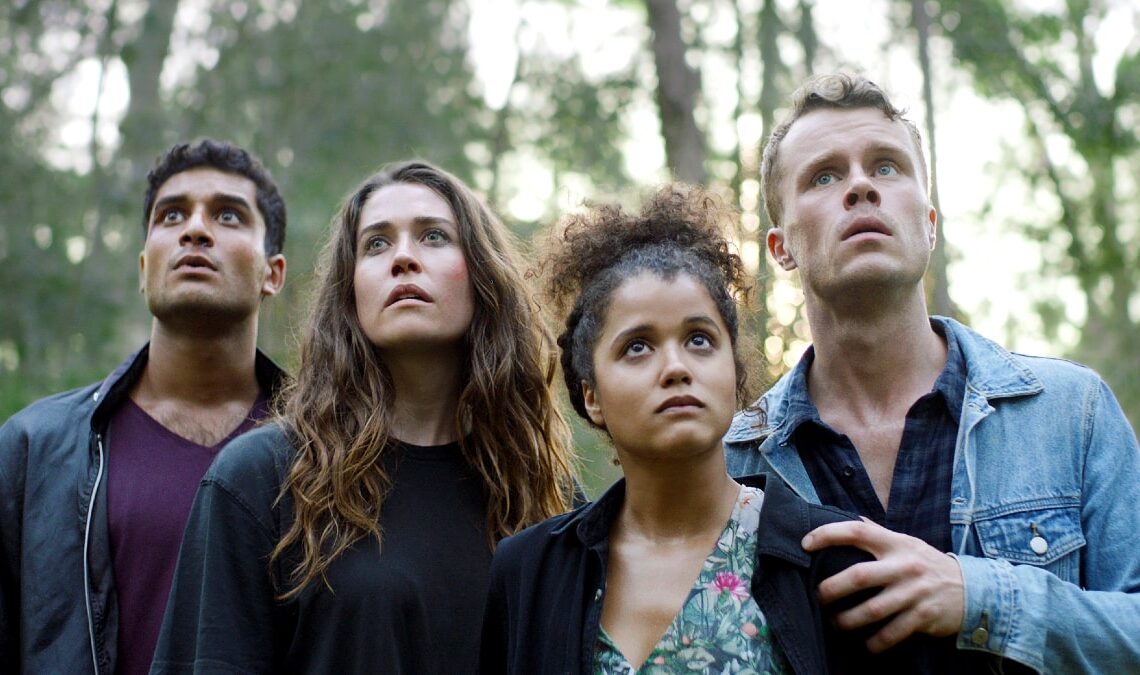More a symbolic than a literal figure, The Greenhouse is a head-trip where grief flourishes as vividly as ever.
As a picture-perfect family battles the loss of their mother, a magical greenhouse appears, becoming a portal to memories where Beth (Jane Watt), the films central protagonist, can defer her grief, reuniting with the memories of her mother. However, in delaying her grief, she finds that her memories become warped, and the magic of the greenhouse comes at a cost to herself and others.

The film’s central conflict lies in experiencing grief and managing grief as a family unit. Each member seems to respond in opposing ways that continuously builds the tension. It is manifested visually through the narrative’s non-linear format, which builds to the mother’s death in the past, then shows the family members’ initial reactions and their states in the present. The unconventional format creates a chaotic and wonderful mosaic of grief that, as the film progresses, breaks the idealised depiction of the family unit, making for an incredibly moving conclusion.
Whilst acknowledging the building and nuance of conflict, the film’s aesthetic cannot go without recognition. The blue-scaled, hyper-contrasted visuals create cinematic poetry where every frame sings. Flooded with melancholy and nostalgia, the film manages to build fairytale-like visuals that complement Beth’s degrading psyche. Carrying on the metaphor of the greenhouse as a place where grief can grow and fester, the visuals showcase wild forests and lively plant life that engulf each frame. Combatted with the emotive sound mixing and editing, the non-diegetic score of the film further bunkers down on the exploration of grief, with the combination of synth and orchestral tracks that swell in moments of conflict.

The Greenhouse provides a nuanced take on grief through its visual and psychological manifestation. Its central motivation centres around the notion of producing grief as a tangible place, affirming the futility of all-encompassing grief. However, something about this film seems to linger far beyond viewing, whether it be the complex character dynamics or compelling aesthetics. Channelling an exploration of the psyche in a way that is entertaining and impactful, it seems to mirror the ghosts that haunt this film. Not only is it done on purpose, but The Greenhouse does it so well it’s difficult to explain exactly how or why, but it works.
Fun Fact:
The Greenhouse is director Thomas Wilson-White’s feature film debut.




COMMENTS